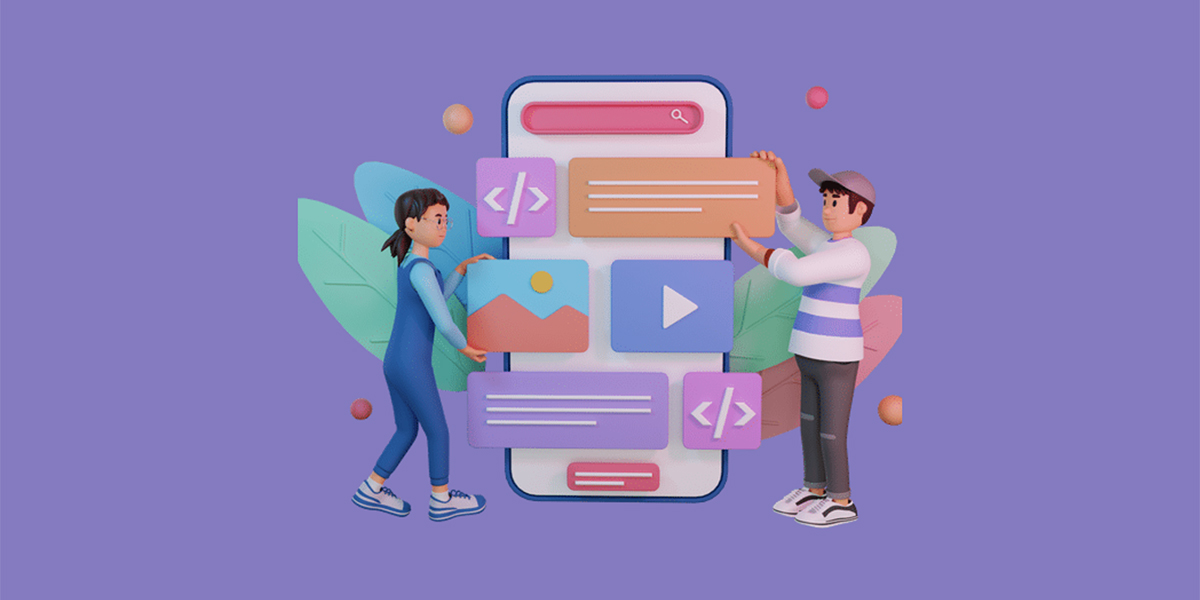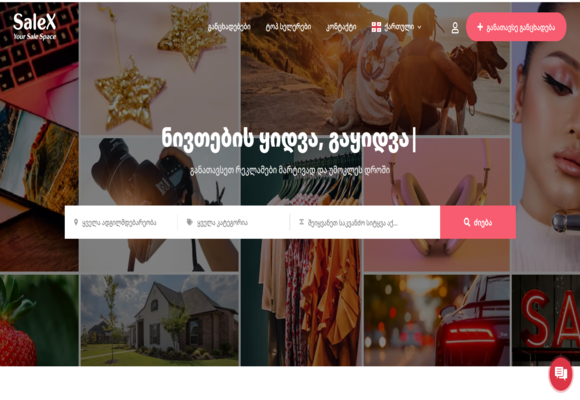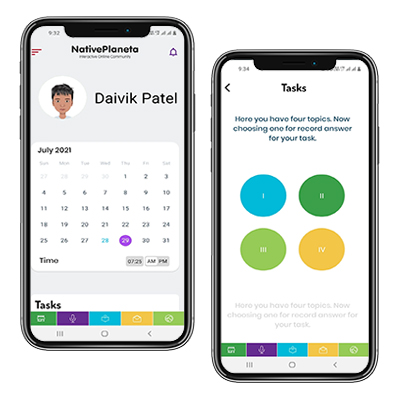
- Alex S.
- 24,Sep 2022
- Mobile
Developing a mobile app is a long and arduous process, and you need to be careful throughout. When you are thinking about launching a mobile app for your business, there are some non-technical as well as technical aspects you should be aware of. Although the technology being used continuously keeps evolving, the basic concepts remain the same.
In this blog, we discuss 16 things one should keep in mind while going for Mobile App Development.
Let’s get started…
-
Research a Lot
This is the first step and the most important part of the app development process. A lot of apps are developed these days, and there is no point in coming up with an app, which is similar to an existing app. You should do enough research to avoid this from happening. The app should have its own USP, which sets it apart from the rest.
-
Be Clear About Your Target Audience
Once you have done your research, you have to put a plan in place to develop your app. This is the first thing that needs to be done. You need to know specifically for whom you are developing your app. Once you know your target audience, other aspects can be put into perspective.
If you are able to deliver what your target audience wants, obviously, your app will be Successful.
-
Know Your Competitors
You should know your competitors inside out. Thorough research needs to be done about their app and its features. You have to include these features in your app. Some features which are not being offered by your competitors can be your USP.
-
Know Your Budget
Your target audience may aspire for a range of features, but including all of them could be costly. There are several steps in the app development process, and you need to allot an adequate budget for each of the stages.
-
Development Plan
Once you are crystal clear about your target audience and budget, you can put a development plan in place.
A step-by-step plan of various stages of development, resources for each stage, and their deadlines need to be fixed.
-
User Persona
Develop at least one or two User Personas for the app you are going to develop. User Persona helps in deciding the features of your app. User Personas are like real people with a photograph, likes, dislikes, and expectations.
-
Go for the Right Platform
So, which mobile app platform do you want to go for? Android, iOS, or Windows. You can also go for a cross-platform app, but then you need to have the technical expertise to achieve that objective.
The choice should be based on your business requirements, the features you want in your app, and your target audience. Hence, select the right framework for your mobile app development process.
-
Think Differently
Everyone wants something different, which is why they choose one brand over another. Mobile apps are considered the best means to engage potential customers and convert them into buyers. Hence, it is of utmost importance to offer something unique to your target audience.
-
Smooth UX/UI
For any mobile application, the user experience/user interface should be smooth with a good layout and buttons. Your potential users should not get lost while navigating the app.
Functionalities and content should be in tune with your products and target audience. The app should provide high-quality customer service.
-
Security Measures
Hackers like to have fun these days!
So, you need to have enough measures in place to prevent them from unauthorized access or data breach. So, take all possible measures to collect, store, and process data in a secure way.
Keep updating your app periodically, ironing out bugs and other technical issues to be on the safer side!
-
Back-end and API
Every application consists of a back-end as well as a front-end. The front end consists of UX/UI and everything that the user can see. The back end includes the logic behind everything happening in the mobile app.
To make use of third-party services like Google Maps or Social Media, you will need an Application Programming Interface (API).
-
Database
There are several options available, and your development team needs to decide on which one best fits your needs. The most popular ones being SQLite, ORMLite, Room, and Realm. Some databases are appropriate for simple text data which is not dynamic, while others are suitable for fast information exchange.
-
Offline Features
It may happen many times with users that may lose internet connectivity or may have an intermittent connection. Your app needs to store information temporarily and upload it when the connectivity is back.
You need to do a thorough analysis of this aspect, as this requires complex coding.
-
Testing
It is very important to test your app before the final launch and get all your metrics right. You can go for beta testing, in which you first launch your app for a small number of users and get their feedback. This will help in ironing out most of the bugs and drawbacks.
-
Support & Deployment
To launch your app, you have to submit your app to app stores like Android and Apple. You need to have a Google Play Store account or an Apple Store developer account for this. After you submit your app, it will be reviewed and checked for basic standards.
-
Maintenance
Once you launch your app. Can you sit back and relax? Definitely Not.
You will constantly have to monitor your app with analytic tools. Release fixes as quickly as you can and constantly gather feedback. Keep updating the app as and when required.
To Conclude…
Mobile apps are here to stay, and with increasing smartphone penetration worldwide, they are the best way to reach out to your target audience. However, you should keep some basic things in mind when you are planning to build and launch a mobile app.
Without the basic things which we have gone through in the blog, a mobile app will not be able to sustain for long. So, let the process begin and build a mobile app that sets you apart from the rest.
Web Portfolio
Mobile Portfolio
Categories
What good is an idea if it remains an idea? Let's put efforts together to give it a look of Website or Mobile Application.
Let’s Start a discussion









